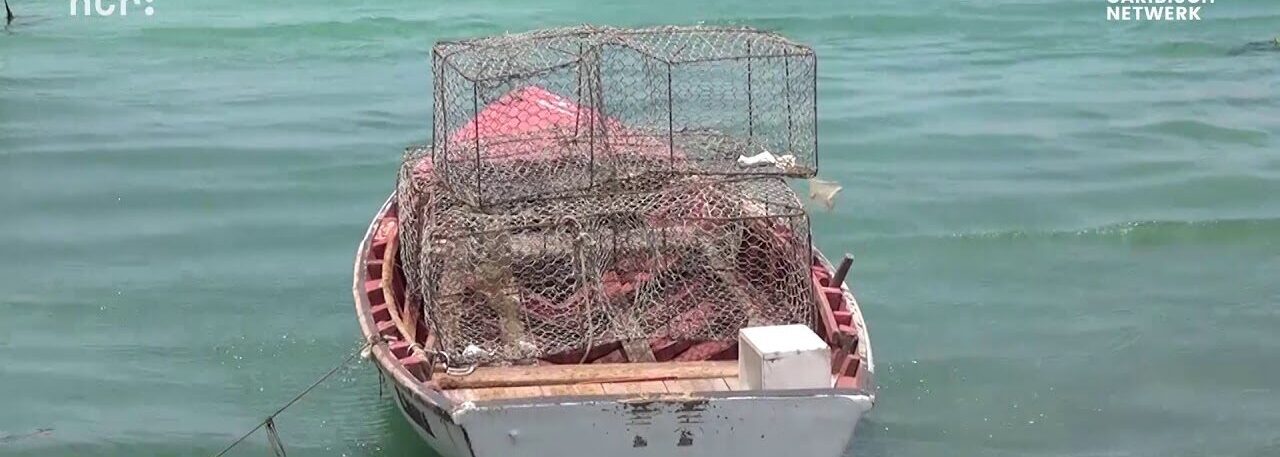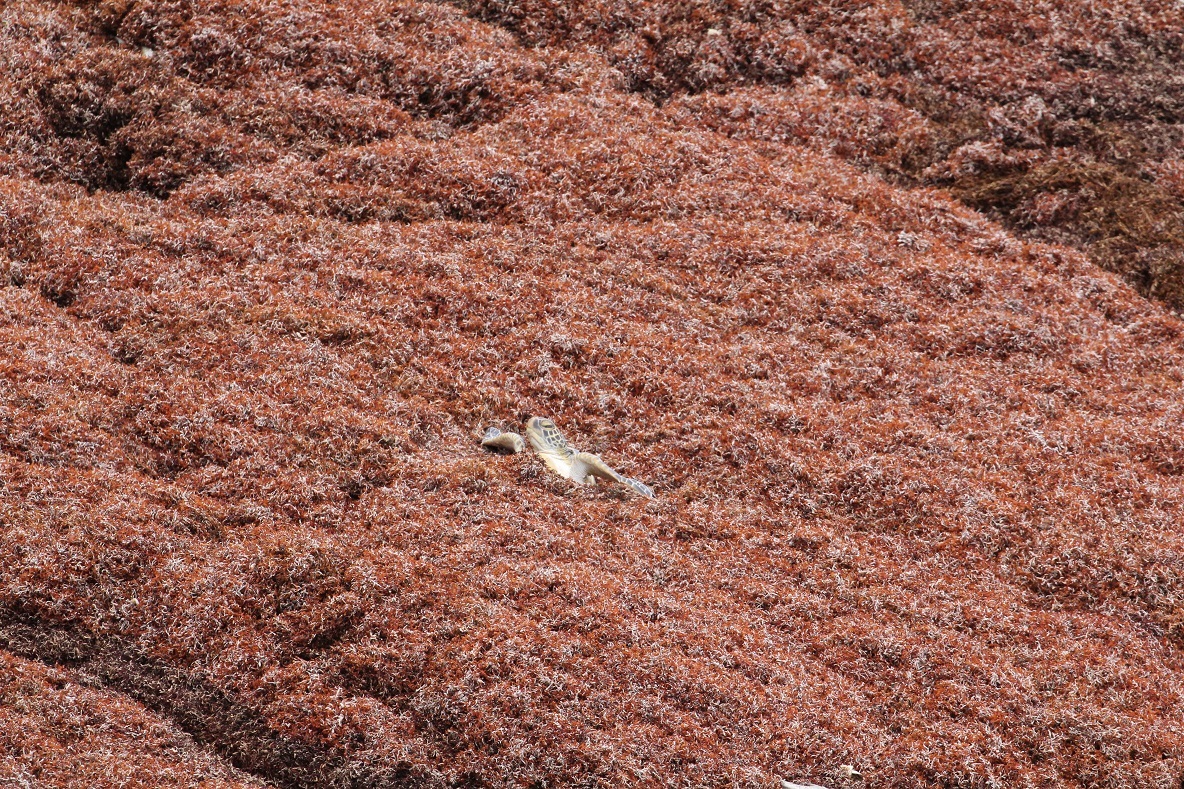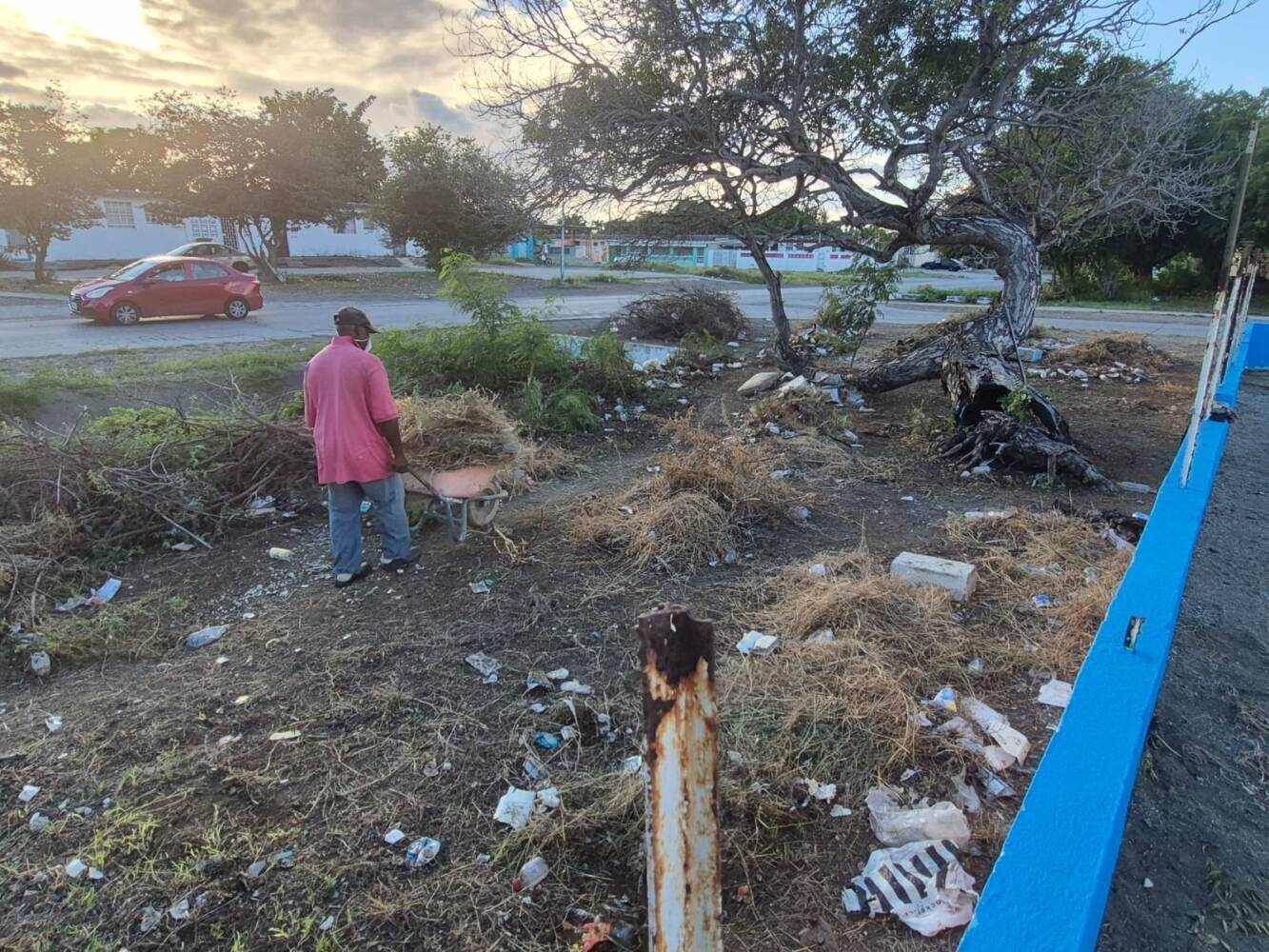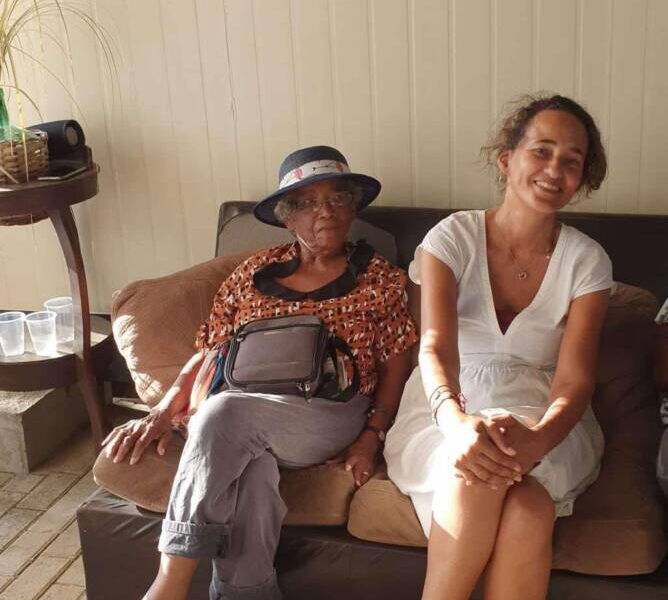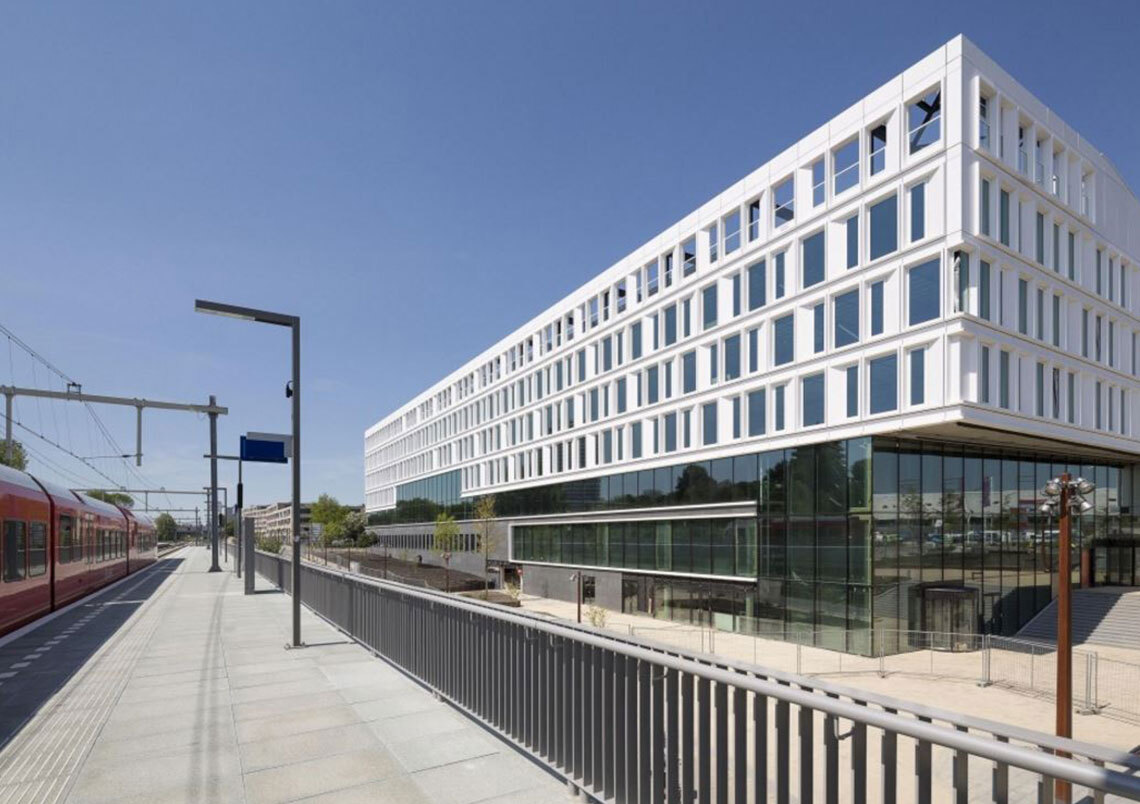On Bonaire possibly the last fishing competition was organized last weekend. At first glance, it looks like a party, but the fishermen have a somber message: Things are going very very badly for the fishery.
Twenty boats go out to the sea, hoping for the best catch. Although for the spectators it seems like a fun day with lots of music and fraternization, according to the interest group Piscabon, this could be their last championship.
Fishers have seen the amount of fish they catch deteriorate steadily, says de Lanoy. “Before you used to leave early in the morning and you came back with twenty fish and now maybe with only 5! In the last five years, things have changed dramatically for the fishers because of climate change and the situation on the reef. If this goes on there is no future for the fishers.”
“Half the year there is almost nothing to sell,” says fisher John Soliana. The fishing organization holds meetings with scientists in order to protect the reef. Soliana and his colleagues notice that they’re catching less and less fish.” Before 15 boats would take to the sea all day long, now it’s 30 but they catch exactly the same amount.”
Who will take responsibility?
Piskabon criticizes the local government because they are not doing enough to defend their interests. “They always have the same argument: if we don’t get money from the Netherlands we can’t do anything. This then becomes a vicious circle. Who is taking responsibility?”
“The local government is always talking about tourism, tourism, tourism. But tourism also largely depends on the fish population and the fishing industry” says de Lanoy. “Every tourist wants to order ‘the catch of the day ’in a restaurant, so it is super important for the economy of the island.”
Fishers have families to maintain too
Fisherman Soliana is also annoyed by the attitude of the local politicians. “We have been telling them this for years and nothing happens! We fishers have families too! The municipality should show us that they are ready to help and DO something.”
According to his colleague Marion Nicolaas, they cannot skirt the issue: they have to take their hard-earned money and invest heavily in modern fishing techniques. “Because if you don’t, you can forget about catching anything. But it is so expensive.”
“And fishing materials are getting more expensive every day,” says Soliana. “Or you need certain papers and that costs money as well. If the government would help us with this sort of thing it would be less of an impediment. I think The Hague also has an obligation to help.”




